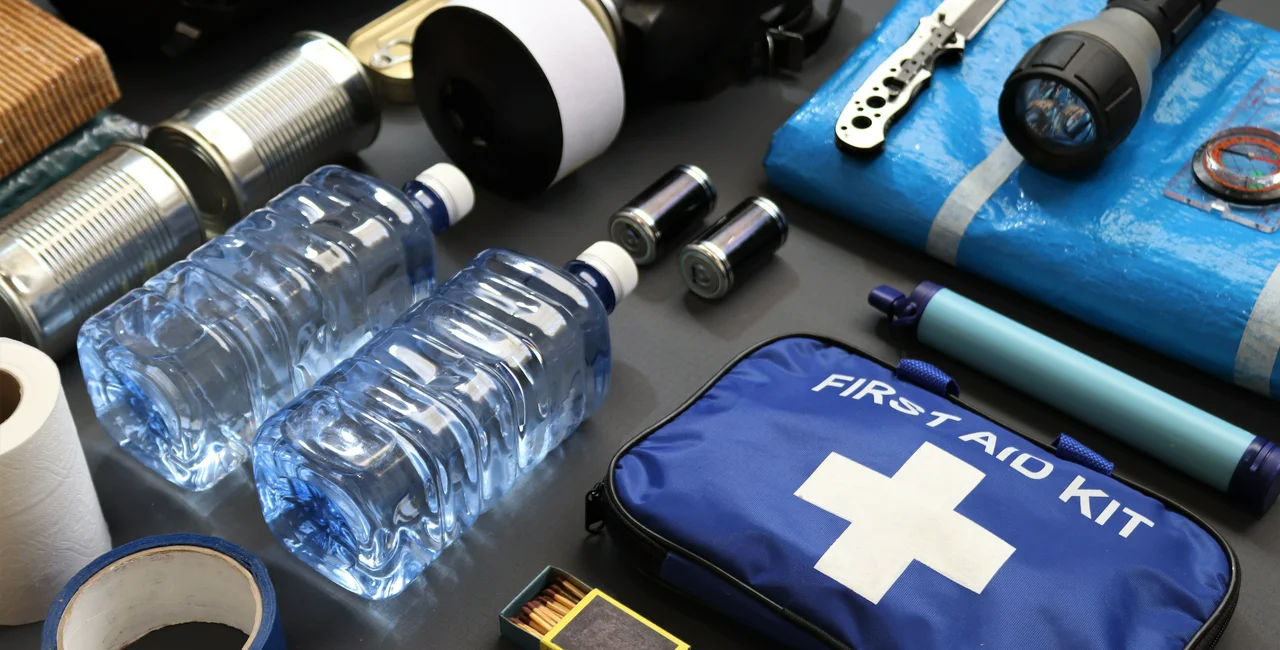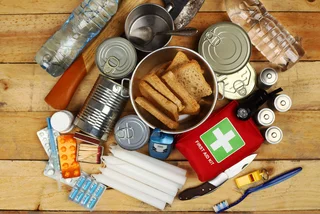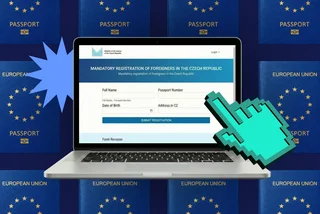All households in the Czech Republic will receive a printed emergency preparedness manual this fall, the Ministry of the Interior has confirmed. The handbook, created in cooperation with the Fire and Rescue Service, is designed to help residents navigate potential disasters such as floods, war, or chemical accidents—offering practical advice for surviving the first 72 hours of a crisis.
The printed version, expected to arrive by post this fall, will complement a nationwide communication campaign launching at the end of summer. Inspired by similar efforts in Nordic countries, the guide is part of a broader government initiative to boost civil resilience amid rising security concerns across Europe.
Modeled on Nordic systems, aimed at 72-hour survival
The handbook is structured around the "72-hour rule"—a civil defense principle suggesting that in the event of a disaster, help may not arrive for up to three days. During this window, individuals must rely on their own preparedness.
The manual is being created entirely in-house by the Ministry of the Interior and the Fire and Rescue Service, and will include information on how to protect oneself, provide basic first aid, and contribute to community defense.
Minister of the Interior Vít Rakušan first announced the initiative in March, presenting it as part of a growing emphasis on shared security. According to ministry spokesperson Hana Malá, the manual is undergoing final revisions this summer based on feedback from experts, NGOs, and state institutions.
The final content will reflect findings from an ongoing sociological survey examining public expectations and preparedness levels. Czechia's initiative takes inspiration from countries like Sweden and Finland, where similar handbooks have long been standard.
Sweden’s If Crisis or War Comes brochure, for example, includes tips on surviving nuclear attacks and maintaining basic services during wartime. France also maintains a detailed civil survival manual that advises households to stock essentials such as canned food, bottled water, flashlights, medicine, and a battery-powered radio.
In a similar vein, Czech authorities are encouraging residents to prepare a “go bag” with basic necessities. This includes food, drinking water, personal documents, hygiene items, warm clothing, flashlights, and medications. The idea is to empower citizens to be self-sufficient in the early stages of an emergency, whether it’s a natural disaster, technological accident, or armed conflict.
Do you keep a "go bag" in case of emergency?
Nationwide campaign to promote shared security
Before distribution begins in the fall, a public awareness campaign is scheduled for late summer to introduce the guide and raise awareness about its importance. The campaign will be coordinated by a selected media agency, while Czech Post will handle logistics.
An infoline for the public will be operated by firefighters to answer any questions about the guide or emergency preparation more broadly.
“The goal is to make the manual accessible to everyone,” Malá told iDnes.cz, emphasizing that the printed version will be mailed to all households, with a digital version also available online.
Officials hope this dual-format approach will ensure the widest possible reach, especially among vulnerable populations such as the elderly or people without reliable internet access.
The handbook rollout is part of a larger strategy by the Czech government to strengthen its internal resilience in response to increasing global instability. This includes the recent deployment of a new early warning system for accidents or attacks, and broader civil-military coordination efforts promoted under the European Union’s Preparedness Union Strategy.
The EU has encouraged member states to ensure that all citizens can sustain themselves independently for at least 72 hours in an emergency.
The initiative comes amid a renewed national focus on defense and emergency readiness. In recent months, Prime Minister Petr Fiala has repeatedly linked the country’s civil preparedness with its military support for Ukraine and broader European security.












 Reading time: 3 minutes
Reading time: 3 minutes 

























